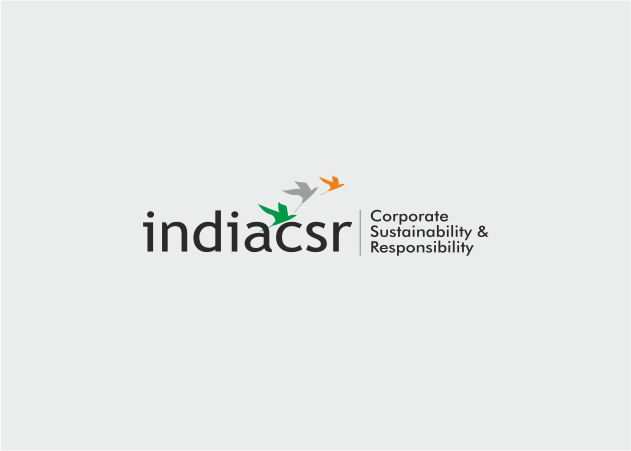SBIF aims to inspire other organisations to reduce the burden on the government’s public healthcare infrastructure and increase vulnerable communities’ accessibility to testing services
SBI Foundation, CSR wing of State Bank of India, and Swasti, a public health non-profit organization, have set up a first of its kind COVID-19 community testing service for Shivaji Nagar and Govandi (M-East Ward) in Mumbai in order to increase access to healthcare for the most vulnerable. The lab is equipped to test for COVID-19 through the RT-PCR method making it the first community-based testing lab to be accredited by National Accreditation Board for Testing and Calibration Laboratories (NABL) in India. Through this initiative, SBIF and Swasti aim to take healthcare care to the doorstep of people and will provide telephonic screening of COVID-19 to a large proportion of the vulnerable population through trusted community champions.
Marginalized communities in urban slums face a double burden of disease; the threat of COVID-19 and preventable complications from pre-existing conditions. Access to healthcare is poor in these communities due to several reasons such as distance, cost and time of travel, long wait times, lost wages, and COVID-19 associated stigma or perceived stigma by healthcare staff. They are also at higher risk of infectious diseases such as COVID-19 due to poor sanitation facilities and overcrowding which makes social distancing impossible.
This community testing program operates across the care continuum- from prevention of low-risk cases, support management of co-morbidities of medium-risk cases to treatment, quarantine and follow-up. The efforts will be buffered by anti-stigma initiatives to normalise COVID-19 testing and ensure early detection happens so that transmission can be curtailed efficiently.
Public health facilities
Talking about the initiative, Smt. Manjula Kalyanasundaram, Managing Director, SBI Foundation said, “Inability to access timely testing leads to delayed COVID-19 diagnosis, which in turn causes increased transmission in the community resulting in poor health outcomes for the infected individual. In addition, with the increasing burden on public health facilities, routine healthcare has come to a standstill. Through this initiative, we aim to not only support the public health infrastructure but also strengthen it further while setting an example for other organisations to ensure access to health and safety for all in such difficult times.”
So far, the SBIF and Swasti have provided door-to-door surveillance to over 100,000 people, conducted Rapid Antigen Testing for over 12,000 people and have ensured post-test counselling for every individual.
Doctors For You (DFY)
Talking about the expected outcomes, Piyasree Mukherjee, Director-Programs, Swasti said, “This initiative will ensure rapid response to COVID-19 for the vulnerable population of Govandi. The lab, currently handled by Doctors For You (DFY), is equipped to run RT-PCR tests and maintains strict standards and quality control as prescribed by NABL. Community-based testing facilities are not new and have been successfully used across the globe, especially for HIV. Given the nature of the COVID-19 pandemic, such community-based labs will ensure universal access, a dream all of us public health practitioners work towards.”
The SBI Foundation
SBI Foundation, the CSR subsidiary of State Bank of India, has been undertaking CSR initiatives with a vision to improve the socio-economic well-being of the society, particularly of the less fortunate and underprivileged members of the society, and enable them to live up to the potential that they all possess.
The Swati
Swasti is a registered not-for-profit organisation and part of the Catalyst Group of institutions, working across 25 countries in South Asia, South East Asia and parts of East Africa. It upgrades the discourse from health to wellbeing and brings the missing pieces in wellbeing together (social, behavioral, management and technology) around the technical/medical aspects, with a strong focus on Prevention and Promotion.




























